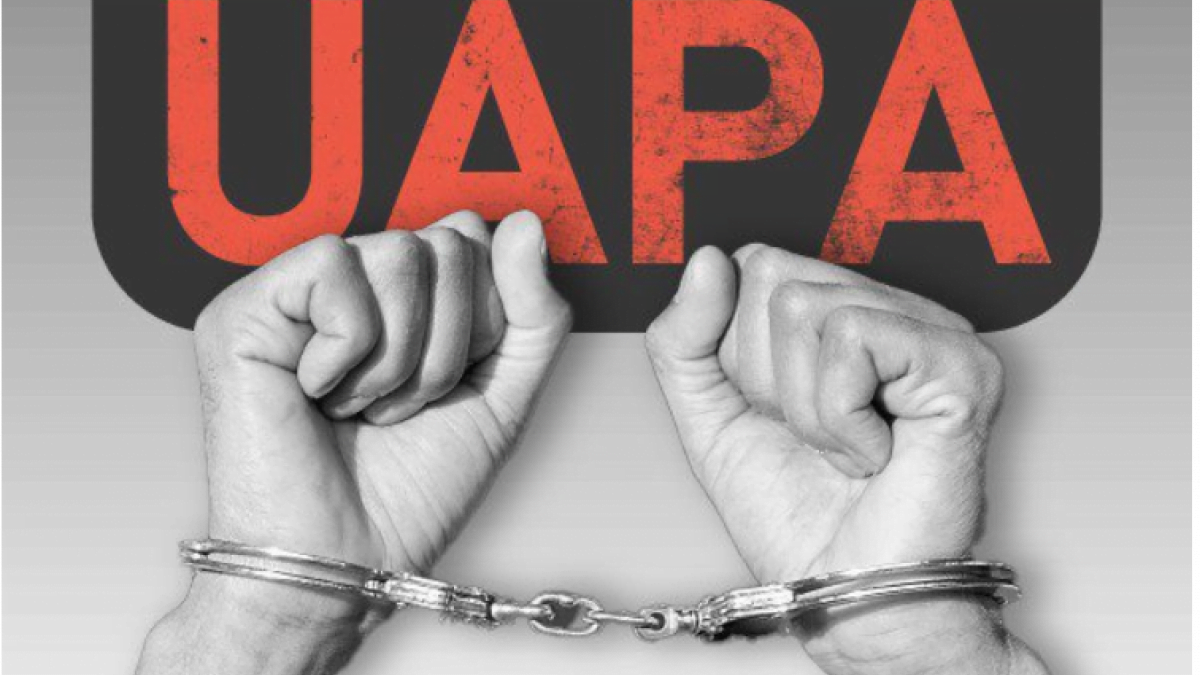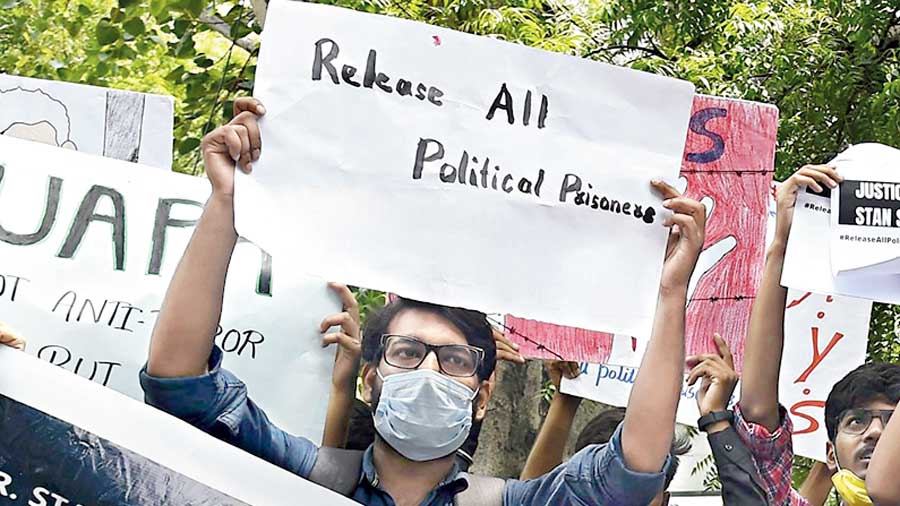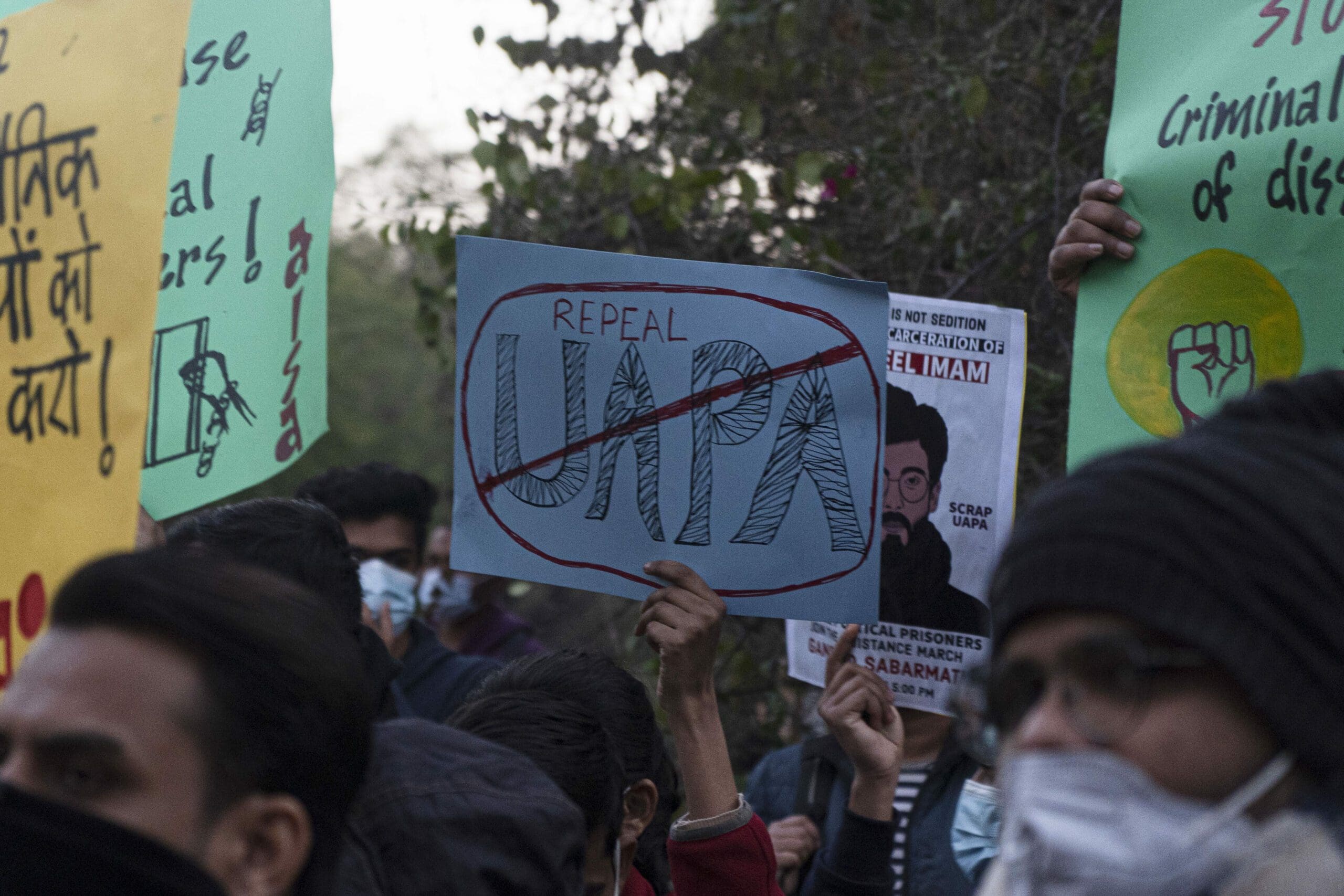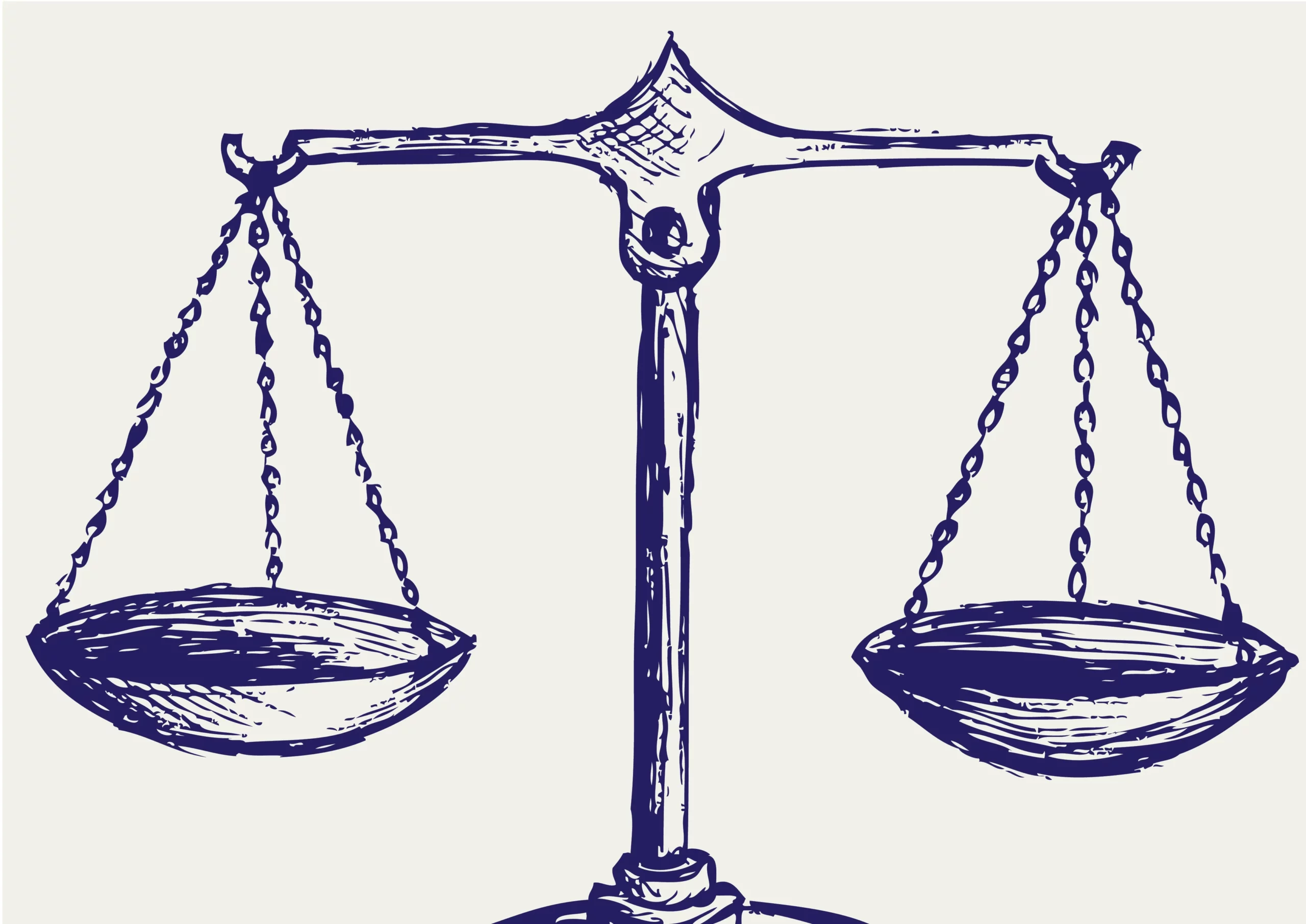In a recent landmark ruling, the Supreme Court of India has significantly tightened the norms surrounding bail under the Unlawful Activities (Prevention) Act (UAPA), reasserting the supremacy of security concerns over individual liberties. The ruling, delivered by a bench comprising Justices M.M. Sundresh and Aravind Kumar, has profound implications for those accused under anti-terrorism laws, effectively prescribing a stringent ‘twin prong’ test for bail eligibility. According to the reports, The decision came in the context of bail applications filed by individuals accused of involvement in alleged “Khalistan modules,” shedding light on the stringent application of the anti-terror law and its impact on bail jurisprudence. This has sparked discussions on the delicate balance between national security concerns and individual liberties.
According to the reports, The decision came in the context of bail applications filed by individuals accused of involvement in alleged “Khalistan modules,” shedding light on the stringent application of the anti-terror law and its impact on bail jurisprudence.
The verdict, handed down on February 7, marks a departure from conventional bail jurisprudence, particularly the oft-quoted maxim, ‘bail is the rule, jail is the exception.’ Underlining the exceptional nature of bail under the UAPA, the court emphasised that bail should be rejected as a ‘rule’ if there are reasonable grounds to believe that the accusations are prima facie true. This stance starkly contrasts with the broader discretion typically exercised by courts in granting bail.
The stringent provisions of the UAPA
The UAPA is known for its stringent provisions aimed at combating terrorism and activities prejudicial to the sovereignty and integrity of India.
In the corridors of justice, the Unlawful Activities (Prevention) Act (UAPA) was conceived as a powerful tool to combat terrorism and unlawful associations, safeguarding national security interests. Under this law, preventive detention and stringent bail conditions are common, reflecting the government’s emphasis on national security. Critics often raise concerns about the potential misuse of the law to suppress dissent and target political activists. However, the law’s robust measures have also raised concerns about potential misuse and abuse, particularly in the realm of civil liberties and due process.
However, an unintended consequence of its stringent measures has emerged: the erosion of fundamental rights and the distortion of due process. Individuals ensnared in UAPA cases often find themselves trapped in a Kafkaesque nightmare, where the presumption of innocence yields to the presumption of guilt.
In a report by The Wire in 2022, the Union Home Ministry’s data, disclosed in the Rajya Sabha, shed light on the punitive nature of legal proceedings under the Unlawful Activities (Prevention) Act (UAPA). The statistics starkly underscored the adage that in UAPA cases, the ‘process is the punishment.’ Alarmingly, the data revealed that an overwhelming 97.5% of individuals arrested under this stringent anti-terrorism law—where securing bail is exceedingly challenging—have remained incarcerated for multiple years while awaiting trial. This revelation casts a glaring spotlight on the protracted legal battles and the enduring hardship endured by those ensnared in UAPA cases, underscoring the urgent need for a critical examination of the judicial processes and safeguards within the anti-terrorism legal framework.
Court ruling and its Impact on civil liberties
The Supreme Court, in its recent rulings, emphasised that the conventional idea in bail jurisprudence, where bail is considered the rule and jail is the exception, does not apply to bail applications under the UAPA. Justices M.M. Sundresh and Aravind Kumar, while denying bail to Gurwinder Singh and another individual accused of promoting the Khalistani movement, highlighted the necessity to examine if there is justification to reject bail rather than considering bail as the default option.
The rulings reignite debates surrounding the impact of the UAPA on civil liberties and due process.
The rulings reignite debates surrounding the impact of the UAPA on civil liberties and due process. While the law serves the crucial purpose of safeguarding national security, critics argue that its stringent provisions risk trampling on individual rights and stifling dissent. The denial of bail, without clear and compelling reasons, raises concerns about fairness, transparency, and the presumption of innocence—a cornerstone of any democratic society.
The essence of the axiom ‘the process is the punishment’ becomes palpable as they navigate the intricate maze of legal complexities and evidentiary thresholds. Their lives are put on hold, their freedoms curtailed, and their futures thrown into uncertainty. For many, the journey through the criminal justice system morphs into a seemingly endless ordeal, marked by bureaucratic hurdles, judicial delays, and an overarching sense of helplessness. Moreover, this underscores a fundamental principle: justice delayed is justice denied. Each passing day spent behind bars serves as a stark reminder of the precarious existence faced by those caught in the crosshairs of state power and legal ambiguity.
A closer look at court rulings on bail applications under the UAPA
In recent judicial developments, the Supreme Court has shed light on the exceptional circumstances surrounding bail applications under the Unlawful Activities (Prevention) Act (UAPA). Unlike conventional bail jurisprudence, where courts typically lean towards granting bail unless compelling reasons exist not to, the UAPA places the burden on the accused to justify their eligibility for bail. This reflects the seriousness of the charges and the government’s prioritisation of national security concerns.
The rulings underscore the stricter scrutiny applied by courts when assessing bail applications under the UAPA. Courts are tasked with evaluating not just the merits of the case but also the potential threat posed by the accused to national security. Consequently, bail is often denied, even in cases where evidence may be inconclusive or the accused’s involvement is contested.
Acknowledging the limited discretion of special courts to grant bail under the UAPA, the Supreme Court reinforces the stringent nature of the law and the challenges faced by individuals accused under its provisions. Special courts are bound by the restrictions imposed by the UAPA, further complicating the process for accused individuals seeking bail.
Special courts are bound by the restrictions imposed by the UAPA, further complicating the process for accused individuals seeking bail.
However, these rulings have also raised concerns about the impact of the UAPA on civil liberties and the right to bail. While the law aims to combat terrorism and safeguard national security, there is a risk of its misuse to suppress dissent and target political dissenters. The denial of bail in cases where evidence is ambiguous or the accused’s involvement is disputed raises questions about fairness and due process.
In light of these developments, the Supreme Court’s reaffirmation of the principle that ‘bail is the exception and jail is the rule’ under the UAPA highlights the unique challenges faced by individuals accused under this stringent anti-terror law. While the law serves the crucial purpose of combating terrorism, its implications for civil liberties and due process must be carefully scrutinised to prevent misuse or abuse.
The Supreme Court’s departure from its own dictum underscores the need to strike a delicate balance between national security imperatives and individual rights. While ensuring robust measures to combat terrorism, it is essential to safeguard fundamental rights and uphold principles of justice and fairness. The courts play a crucial role in upholding this balance, ensuring that the rule of law prevails even in the face of security challenges.
In conclusion, as the legal landscape evolves, the Supreme Court’s deviation from its traditional stance in UAPA cases prompts crucial reflections on the delicate balance between security imperatives and individual liberties. While national security remains a top priority, it’s imperative to ensure that anti-terror laws are administered with utmost fairness and adherence to constitutional principles. The Court’s ruling therefore underscores the perpetual necessity for nuanced deliberation and meticulous equilibrium in upholding justice for all stakeholders involved.







